The year 2021 is an unforgettable year for everyone. As time passes, the protracted battle against the epidemic has become the norm. With the joint efforts of the whole country, the epidemic prevention work has achieved remarkable results. To help you cope with the psychological stress under the epidemic, we hereby offer you the following tips.
1. COVID-19 and psychological stress
The outbreak of highly contagious COVID-19 has brought people under intense stress. When an individual encounters the interfering stimuli from the external environment, the equilibrium of his body is disrupted. For example, the status of the individual has suddenly changed from an ordinary healthy person to a "COVID-19 close contact" or "COVID-19 patient". At this time, the individual has to endure the physical pain and a series of psychological stresses.
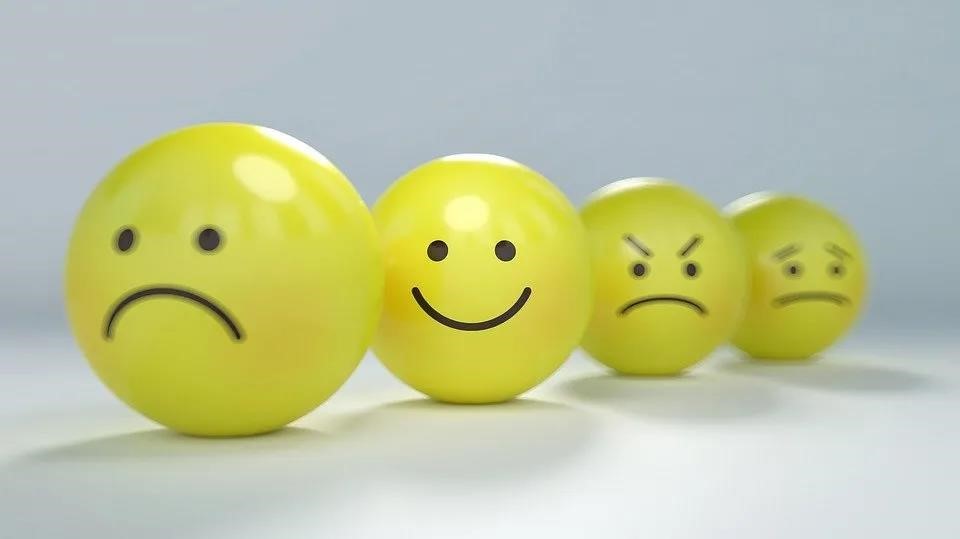
Psychological stress
Psychological stress is a specific response when an individual is faced with new, unpredictable and uncontrollable stimuli. It mainly includes the increase of psychological indices such as subjective stress, negative mood, anxiety, and the increase of physiological indices such as heart rate and blood pressure. How can you tell if you are under a psychological stress? You can assess your level of stress by observing your physical and mental responses and your state of life.

Physiological reactions: Pains without obvious causes, such as headache, shoulder and neck pain; problems with your digestive system, such as abdominal pain, diarrhea, etc.; dietary problems, such as loss of appetite or strong appetite; sleep problems, such as difficulty in falling asleep, easy to wake up, and lethargy; other problems such as dizziness, chest tightness, rapid heartbeat, shortness of breath, weight fluctuations, and decreased immunity, etc.
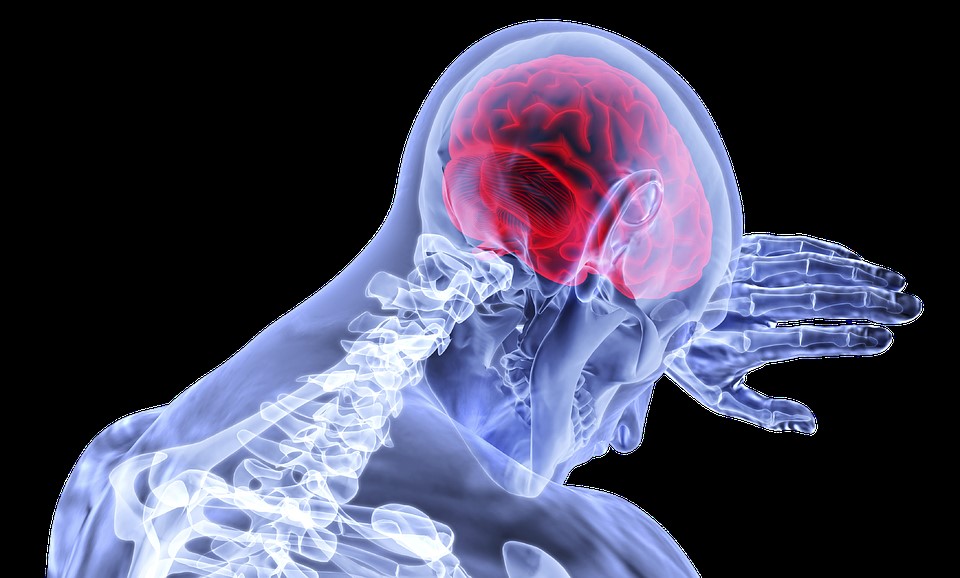
Emotional response:Anxiety may occur first. You may be concerned about the possible infection, difficulty in accessing medical care, and shortage of supplies. The intense and prolonged stress, anxiety, and restlessness can lead to panic. And restlessness and irritability may occur with prolonged activity restrictions.
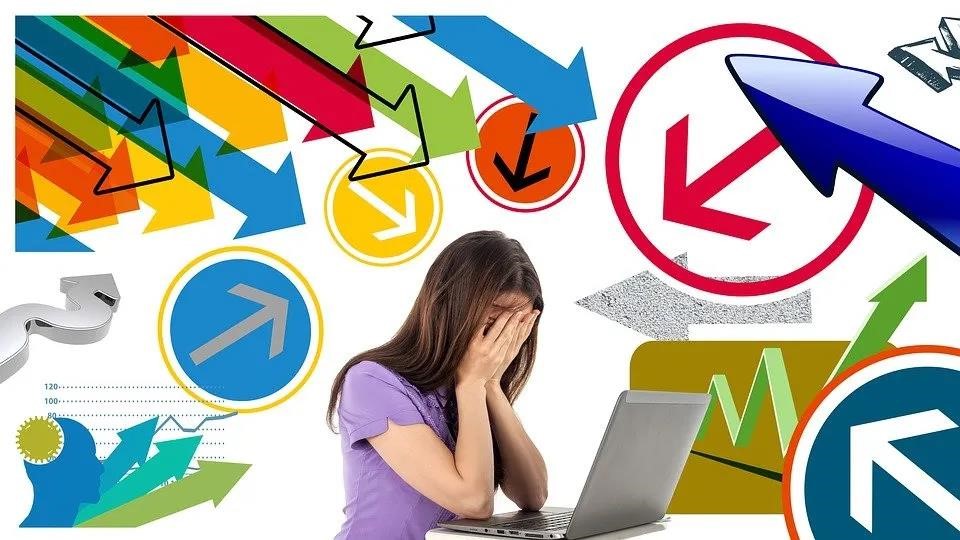
The second isdepressed mood. Long-term pressure from epidemic prevention and control may lead to depressed mood, sadness, despair, loss of interest, reduced pleasure, crying, and mood swings, etc.
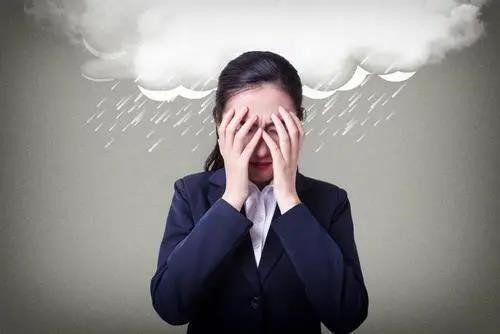
Cognitive response:poor concentration, memory loss, unclear thinking, difficulty in decision making, slower brain response, etc.; overly concerned about physical conditions, following news about the epidemic continuously.
Behavioral response:Evasion or avoidance of some information and scenes, or repeated check of the progress of the epidemic; repeated measurement of body temperature, repeated hand washing, and repeated nucleic acid test; restlessness, decreased social interaction; becoming sensitive, suspicious, and lazy; diversion of attention by smoking, drinking, and constant eating.

The epidemic has disrupted the normal rhythm of your life, which inevitably leads to psychological troubles. Please stay calm if one or more of the above symptoms appear. It is the normal psychological reaction of the individual in this special situation. With the epidemic brought under control, the symptoms will gradually ease. During this period, you can actively make psychological adjustment to help you recover your psychological balance and maintain your mental health as soon as possible.
2 Take the initiative to respond and enhance self-psychological adjustment ability
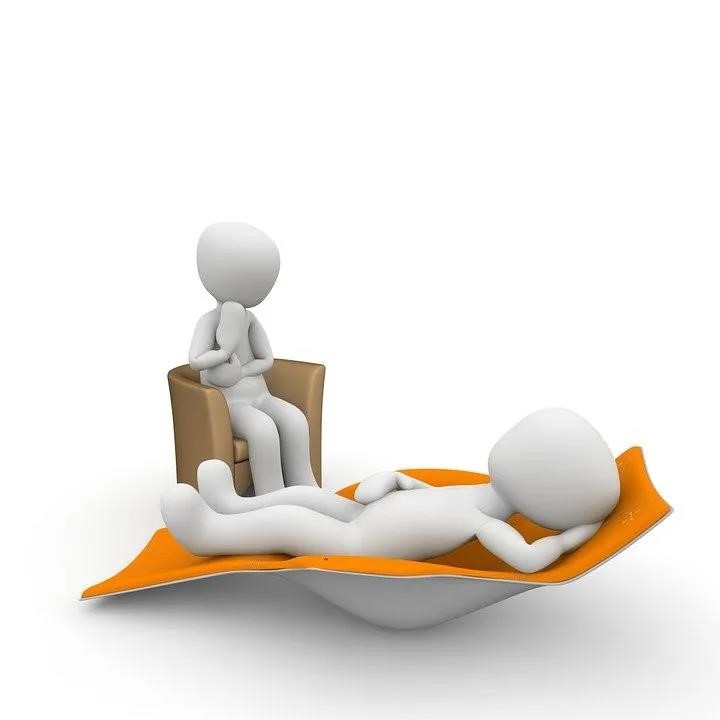
2.1 Reasonably vent your emotions and adjust your emotional state
Moderate negative emotions can help you to be more alert to the epidemic situation. You don't have to deny your own emotions. But if negative emotions affect your normal life, you must pay attention to them. Emotional expression plays an important role in relieving emotions. You can try to express and confide your feelings by keeping a diary, communicating with friends and relatives via WeChat and telephone. You can also comfort, encourage and support each other, and share your feelings. In addition, deep breathing, meditation, and music relaxation are all good choices for your emotional adjustment.
2.2 Plan your life rationally and change your behavior
Although your activities during the epidemic are limited, you can adapt to this change through self-adjustment. You should keep a normal sleep and a circadian rhythm; a regular and good lifestyle is a good medicine to deal with the epidemic. At the same time, enrich your life, which is a great way for you to divert your attention from the epidemic to your normal life. You can engage in activities, such as workout, yoga, reading, listening to music, and learning a new skill.
2.3 Make rational use of resources and actively seek help.
Under the pressure of the epidemic, you have a closer relationship with your families and friends. And your school, government and social institutions have also provided important support in various aspects. All these are important resources to help you maintain mental health and balance. You can seek assistance actively when having negative emotions or practical problems that are difficult to solve on our own.
If you have serious psychological problems and are unable to adjust on your own, you can seek psychological assistance from professional institutions. You can also go directly to hospitals for professional treatment.
The Psychological Research and Counseling Center of our school can also offer psychological counseling to you. The reservation phone number is 66363086 on Xipu campus and 87601810 on Jiuli campus.


